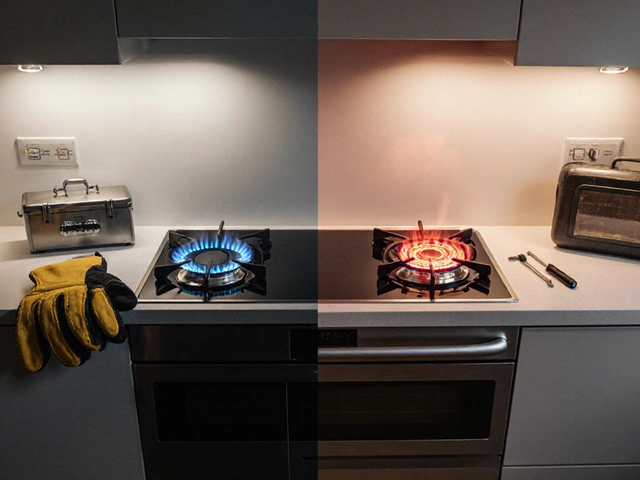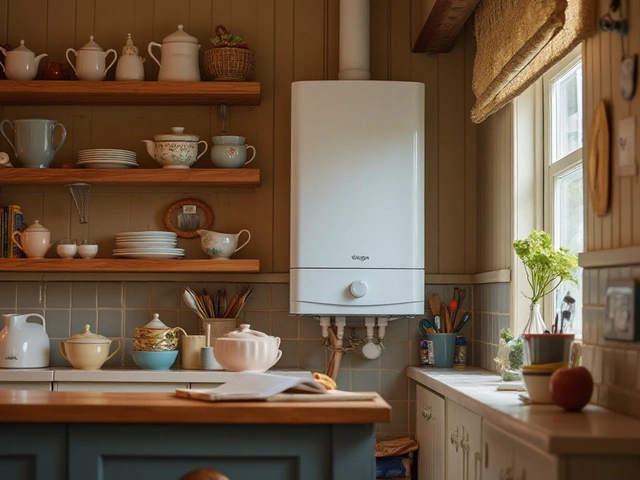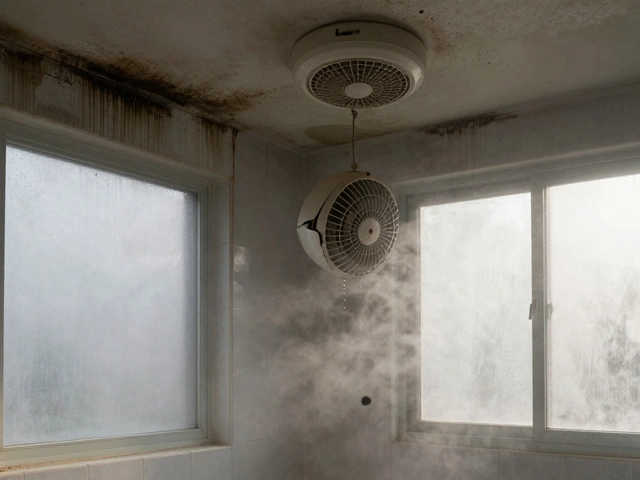Understanding Heat Pump Problems: Common Issues
February 5 2025Appliance Repair & Maintenance Tips – Easy Fixes and When to Call a Pro
Every home has that one appliance that seems to break down at the worst possible moment. Whether it’s a stubborn oven, a noisy extractor fan, or a boiler that won’t fire, you don’t always need a full‑blown service call. A lot of issues can be solved with a few tools, a bit of patience, and the right know‑how.
Common Problems and Quick Fixes
Most appliance headaches fall into three groups: clogged parts, worn‑out components, and electrical hiccups.
Clogs and grime. Kitchen range hoods and bathroom extractor fans collect grease and dust quickly. Turn them off, remove the filter, wash it with warm, soapy water, and give the fan blades a wipe‑down. A clean fan runs smoother, quieter, and lasts longer.
Worn parts. Oven heating elements and dishwasher pump seals wear out after a few years. If an oven isn’t heating, check the element for visible cracks or broken connections. A simple replacement often costs less than a full service. For fridges, a noisy compressor usually means the start‑relay has failed – swapping that part restores normal operation.
Electrical issues. A tripped breaker or loose wire can make a water heater or electric hob act up. Always switch off the main power before poking around. Tighten any loose terminals and test the appliance again. If it still won’t work, the thermostat or control board may need a professional eye.
These quick checks can solve up to 70% of the everyday appliance annoyances you’ll face.
When to Repair or Replace
Not every fault is worth fixing. Consider the age of the item, the cost of the part, and how often it’s broken.
If a boiler is over 15 years old and your heating bills are climbing, replacement is often cheaper in the long run. Modern boilers are far more efficient and can cut monthly costs by a noticeable margin.
For smaller appliances like pressure cookers or microwaves, weigh the repair cost against the price of a new model. A broken microwave magnetron usually costs around half the price of a brand‑new unit – in that case, replacement makes sense.
When you’re unsure, ask yourself: will the fix last another three to five years? If the answer is no, start budgeting for a replacement. A reliable appliance saves you time, money, and the hassle of recurring breakdowns.
Finally, keep a simple maintenance log. Jot down the date you cleaned a fan, replaced a seal, or had a boiler serviced. Seeing patterns helps you predict when an item is nearing the end of its life, so you can plan ahead and avoid surprise emergencies.
With these tips, you’ll handle most household appliance issues yourself and know exactly when it’s time to call a certified gas engineer or appliance technician. Your home stays comfortable, your wallet stays happy, and you’ll feel confident tackling the next repair.
 22 May
22 May
Is a Toilet an Appliance? What Service Pros Need to Know
People often wonder if a toilet counts as an appliance or is just basic plumbing. This article breaks down what makes something an appliance and where toilets fit in. Get tips for servicing toilets, facts you might not know, and a look at how the appliance industry classifies bathroom fixtures. Make sure you don’t run into confusion when talking to clients or calling for service.
Read More... 24 Apr
24 Apr
What is an Example of an Appliance? Everyday Machines Explained
Wondering what counts as an appliance? This article breaks down what appliances are, why they're so important in our daily routines, and shows examples you probably use every day—like the trusty washing machine. You’ll also get practical tips for keeping your household machines running smoothly. Whether you’re curious about new gadgets or on the hunt for repair advice, this guide clears up the basics in plain, simple language.
Read More...



